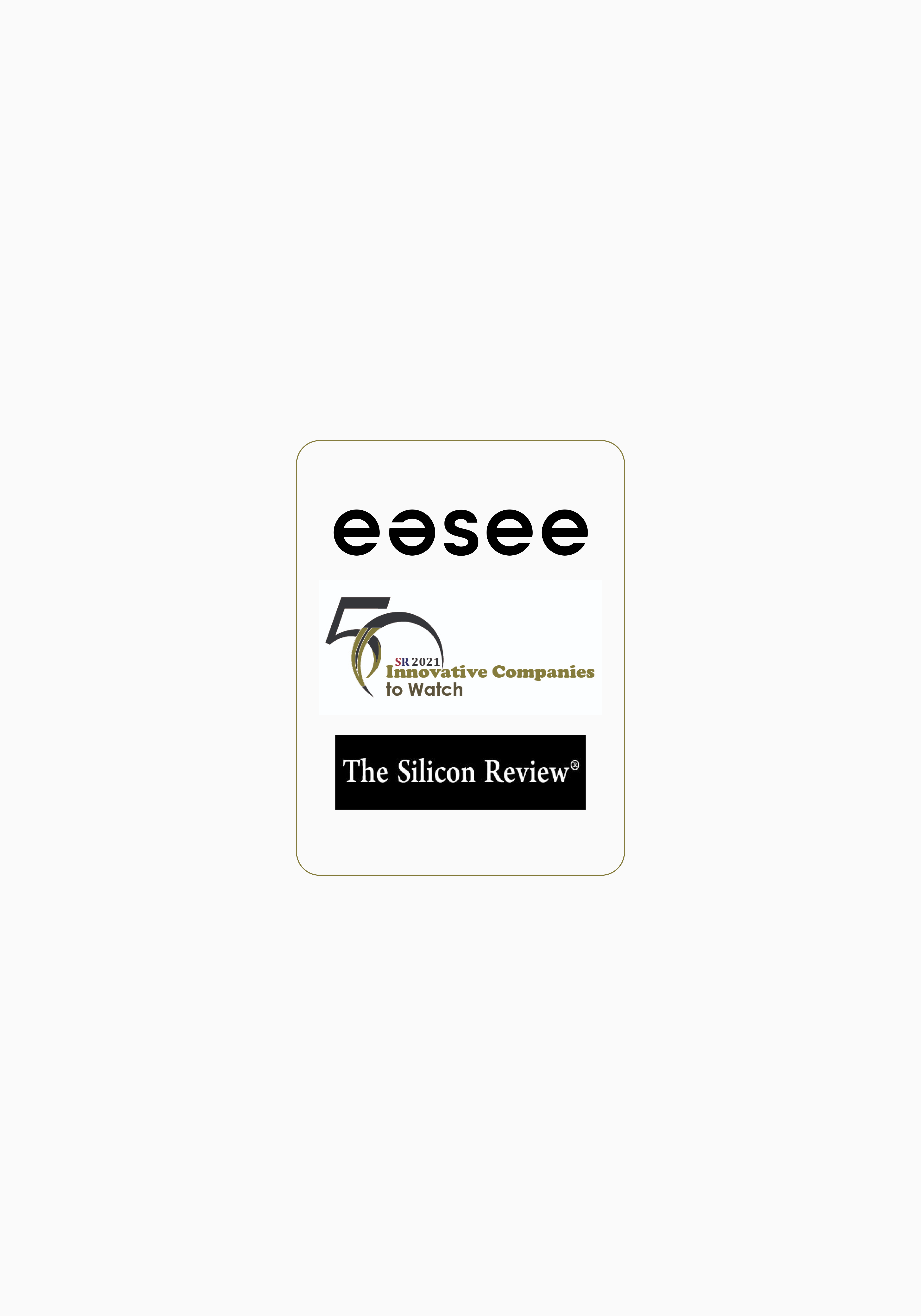Posted on 26 07 19
Common Vision Myths – Are They True?
You’ve probably heard some of these from concerned parents wishing you would eat more carrots and watched less TV. We at easee love to eat carrots. But we won’t skip on our daily dosage of our favorite series just because some folks told us it’s bad for the eyes. Therefore, we’ve cleared out the facts from the most common vision myths.
1. Wearing glasses or contacts makes you dependent on them.
Eyewear corrects your refractive error and helps you see sharper. Once you’ve discovered this, you may want to wear your glasses or contacts more often, because seeing clearly is great and you get used to it. However, wearing your eyewear will not change your eyes for better or worse, or make you more dependent on it. It also works the other way around – wearing glasses with the wrong prescription can make you see blurrier or cause headaches, but it will not ruin your eyes.
2. Eating carrots will improve your vision
Carrots contain vitamin A, a nutrient important for maintaining healthy eyes. However, a healthy and balanced diet can contain lots of foods that offer the same benefit. In case you aren’t suffering from vitamin A deficiency, eating carrots will not make a difference in your eyesight.
3. Eye exercises can help you get rid of your glasses
Contrary to what a lot of people think, no amount of eye aerobics can make you get rid of near- or farsightedness. However, eye exercises can help with eye muscle problems that cause, for example, misalignment (known as strabismus).
4. Sitting too close to the TV or watching too much TV will damage your vision
Both actions could cause eye strain, but do not cause any permanent harm to your eyes. If you feel like you need to move closer to the TV to see it clearly, you may be suffering from nearsightedness or your glasses aren’t up to date. Young children often like to sit close to the screen due to their great ability to focus on objects that are close to their eyes.
5. A contact lens can get lost behind your eye
Luckily, it cannot. A thin membrane, called the conjunctiva, covers the white part of the eye and connects to the inside of the eyelids. This makes it impossible for a contact lens to get lost behind the eye.
Opposing the most common horror stories out there, our eyes are usually quite forgiving. However, protecting your eyes and getting your eyes checked regularly are sensible routes to go. The happier your eyes are, the more comfortable you’ll feel.
Like more info about your eyes? Check out our Help Center.



